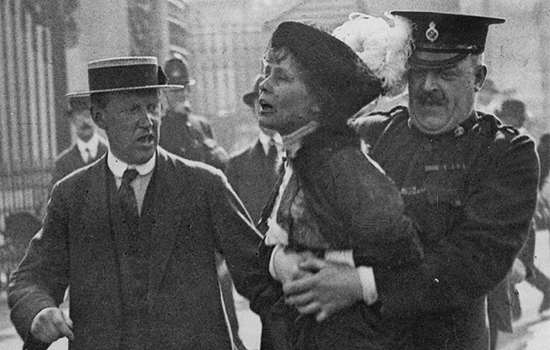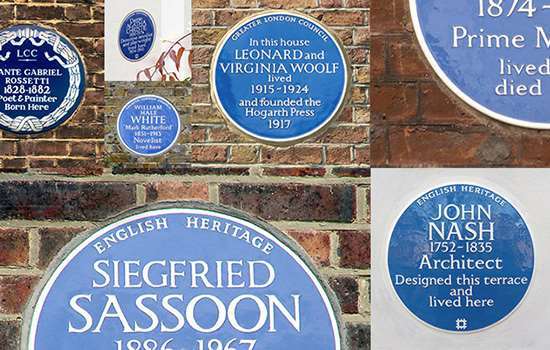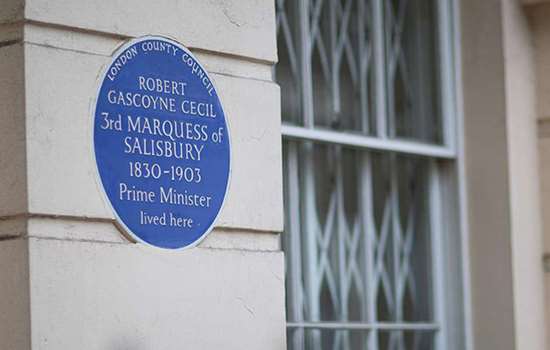MOODY, Dr Harold (1882-1947)
Plaque erected in 1995 by English Heritage at 164 Queens Road, Peckham, London, SE15 2HP, London Borough of Southwark
All images © English Heritage
Profession
Physician, Campaigner for Racial Equality
Category
Medicine, Philanthropy and Reform
Inscription
DR HAROLD MOODY 1882-1947 Campaigner for Racial Equality lived and worked here
Material
Ceramic
The campaigner for racial equality Dr Harold Moody is honoured with a blue plaque at his former home and medical practice at 164 Queens Road in Peckham. Moody lived at number 164 from 1922 until his death in 1947 and while here founded the League of Coloured Peoples.
JAMAICA TO LONDON
Moody came to London from Jamaica in 1904 to study medicine at King’s College, London. Having been denied a hospital appointment out of racial prejudice, he set up on his own as a GP, establishing a practice in King’s Road (now King’s Grove), Peckham, in 1913. In 1922 he moved to nearby 164 Queens Road, where he lived, worked and died.
The Moodys’ house was ‘open to all the travelling black people who couldn’t find a room or a meal elsewhere’. Lodgers included the Jamaican writer and feminist Una Marson, whose bedroom ‘looked out on to a grass tennis court and the colourful, rose-filled back garden’. She remembered number 164 as:
a comfortable, four-storey property with a middle-floor entrance leading to a small, often cluttered hall, and beyond that, large dining and drawing rooms.
THE LEAGUE OF COLOURED PEOPLES
From number 164 Moody ran the League of Coloured Peoples, which he founded in 1931. His work for the organisation involved publishing a newsletter, The Keys, and lobbying trade unions, the Civil Service and Parliament for the improvement of race relations.
Moody fought for causes including employment rights for black merchant seamen, fair pay for the Trinidadian oil workers and the lifting of the implicit colour bar in the British Armed Forces that had prevented the appointment of black officers. His influence reached its zenith in 1943, when he was appointed to a government advisory committee on the welfare of non-Europeans. A devout Congregationalist Christian, he also took the chair of the London Missionary Society that year.
The League of Coloured Peoples did not long survive the death of the charismatic Moody, and it closed in the early 1950s.
Nearby Blue Plaques
More About Blue Plaques



